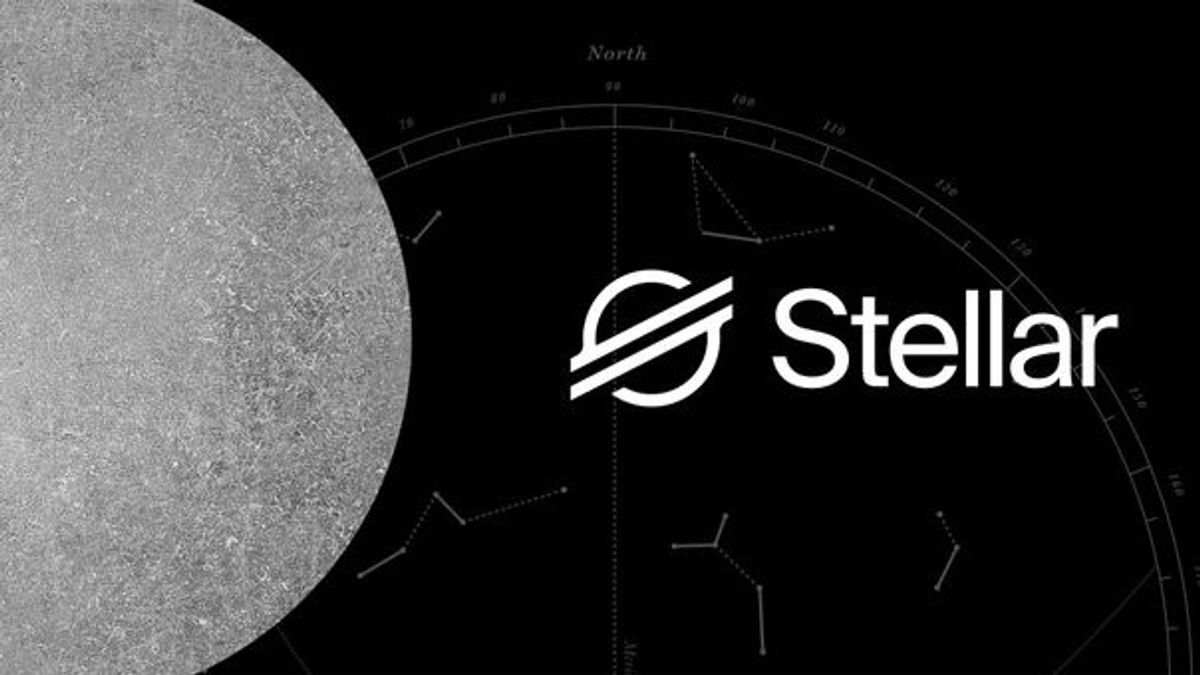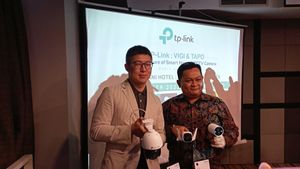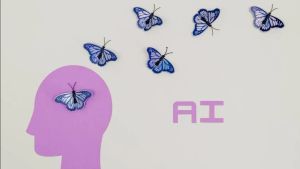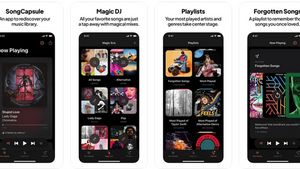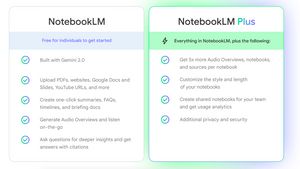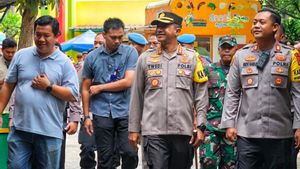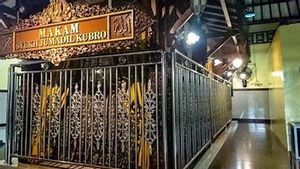JAKARTA - Humanitarian groups are increasingly using blockchain technology to solve the problem of lack of banking or insufficient identity verification in developing or war-torn countries.
Two new projects have been announced this December, including one that provides cash assistance to Ukrainian refugees through the Stellar network and another that plans to offer cash and vouchers through the Partisia network.
BUT previous blockchain projects have had mixed results. Some projects have been effective in enabling beneficiaries to bypass the red tape and receive the help they need, but in others, the use of blockchain is redundant.
Today, the UNHCR (@Refugees) and the Stellar Development Foundation, announced the launch of a pilot first-of-its-kind blockchain payment solution for digital cash distribution to internally displaced persons and other war-affected people in Ukraine.https://t.co/rdh5OpxQrz
— Stellar (@StellarOrg) December 15, 2022
On December 15, the Stellar Development Foundation announced that they had formed a partnership with the United Nations High Commissioner for Refugees (UNHCR) to offer USD Coins on the Stellar network as a form of cash assistance to Ukrainian refugees.
USDC tokens will be redeemable at any MoneyGram location. The program's creators believe this will make it easier for refugees to receive assistance even if they don't have a bank account or can't access one they have.
SEE ALSO:
Tori Samples, Stellar Aid Assistant Product Manager, told Cointelegraph that by partnering with MoneyGram for Cash-out and USDC Circle digital dollars "the entire solution becomes meaningful and accessible to people living in crisis."
“This product is specifically designed to meet the needs of aid organizations assisting in difficult environments. It can't be experimental or doesn't hold up for real-world use. Dollar donors are some of the most scrutinized worldwide. The fact that some of the largest aid organizations are using Stellar Aid Assist today in Ukraine shows that it has real-world value and potential for growth", said Samples, quoted by Cointelegraph.
On December 2, Partisia Blockchain Foundation held a “hackathon" in collaboration with the International Committee of the Red Cross (ICRC). The event aimed to find ways that the Partisia network could be used to make Red Cross humanitarian aid payments more efficient.
The English, Chinese, Japanese, Arabic, and French versions are automatically generated by the AI. So there may still be inaccuracies in translating, please always see Indonesian as our main language. (system supported by DigitalSiber.id)
